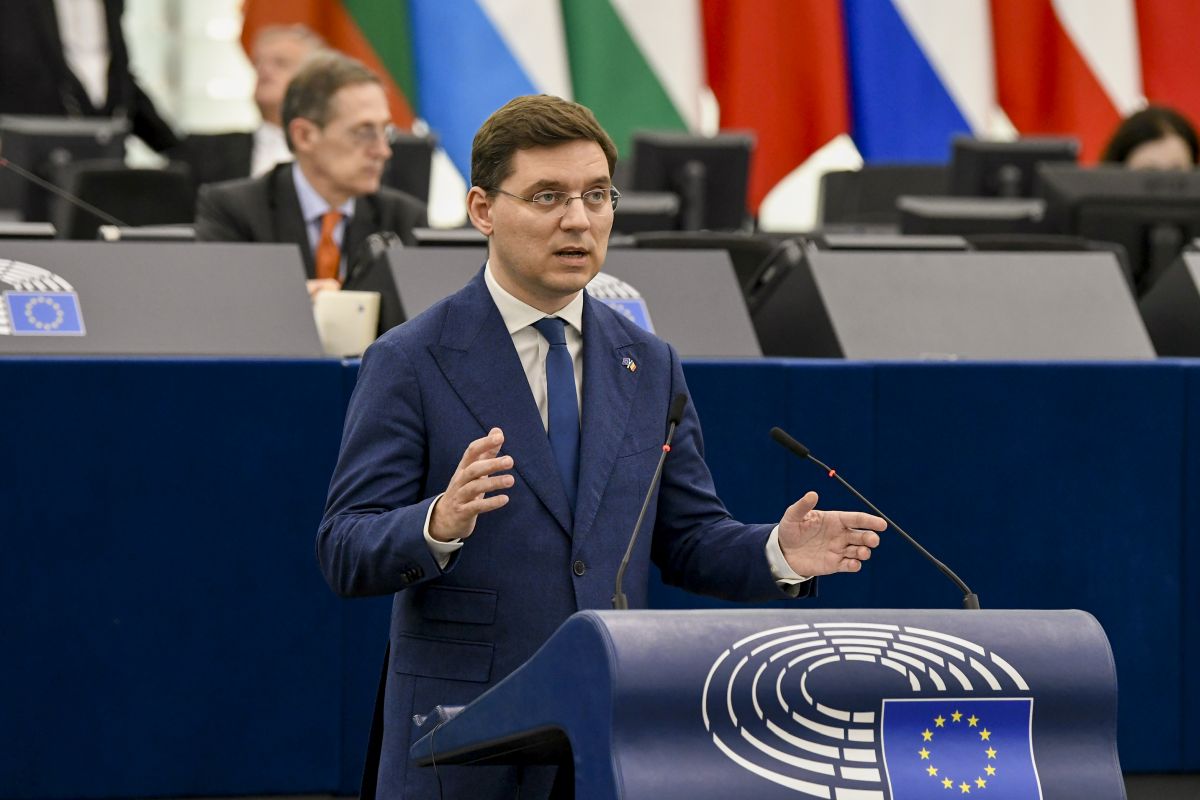The future EU budget
The European Parliament has voted on the proposal for the EU’s budget next year

Roxana Vasile, 24.10.2024, 14:00
On Wednesday, the European Parliament voted a proposal for next year’s EU budget, expected to stand at 201 billion EUR. However, it is not the final version, because the European Parliament must reach an agreement with the EU Council. The latter would like the European Union to invest about 10 billion EUR less. On the contrary, MEPs say more money is needed, given the slightly fragile situation from an economic point of view. On the other hand, the European Council advises caution and says it does not want to put pressure on national budgets or on the population. The European Parliament emphasizes the common policies of the community bloc, while the Council focuses more on issues at national level. Romanian MEP Victor Negrescu is one of the two negotiators of the European Parliament in its relations with the Council.
“The version of the European Parliament offers more opportunities for Member States, because we tried to integrate those measures with an immediate effect on citizens’ lives. Whether we are talking about Erasmus or the Civil Protection Mechanism, these are direct intervention mechanisms. Whether we are talking about agriculture and the support for young farmers or whether we are talking about improving the transport infrastructure, again, we see these programs have an immediate effect in increasing the standards of living”.
In addition, the budget proposed by the European Parliament benefits all states with smaller contributions to the European budget, which then stand to gain from the distribution of money through community programs and policies. What are the benefits for Romania? Victor Negrescu explains:
“I would refer here, in particular, to the support offered by the European Parliament for the program devoted to border security, in which we mention the support for the full accession of Romania and Bulgaria to the Schengen Area. I would refer here to the coordination of the social security system, which would allow the European diaspora, including the Romanian one, to transfer their rights and social benefits, including pensions, more easily from one state to another. I refer here to the consistent support for the agricultural sector or to the consistent support for the Republic of Moldova, which is greater than the one proposed by the Council”.
The European Parliament and the EU Council will start negotiations, of course, with the participation of the European Commission. The latter has its own budget proposal, similar to the one put forward by Parliament. The EU budget is expected to be adopted in the second half of November. (VP)






























